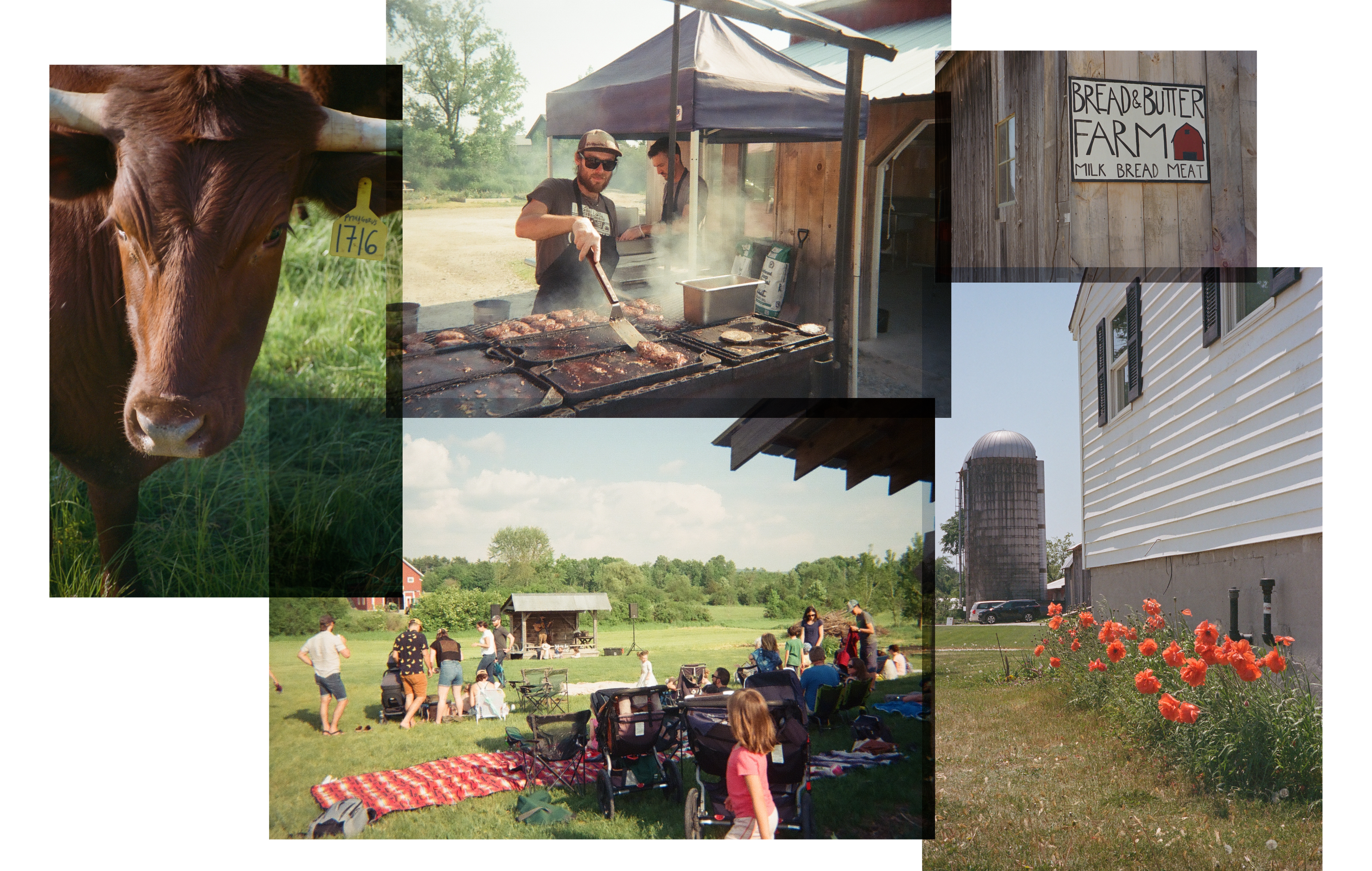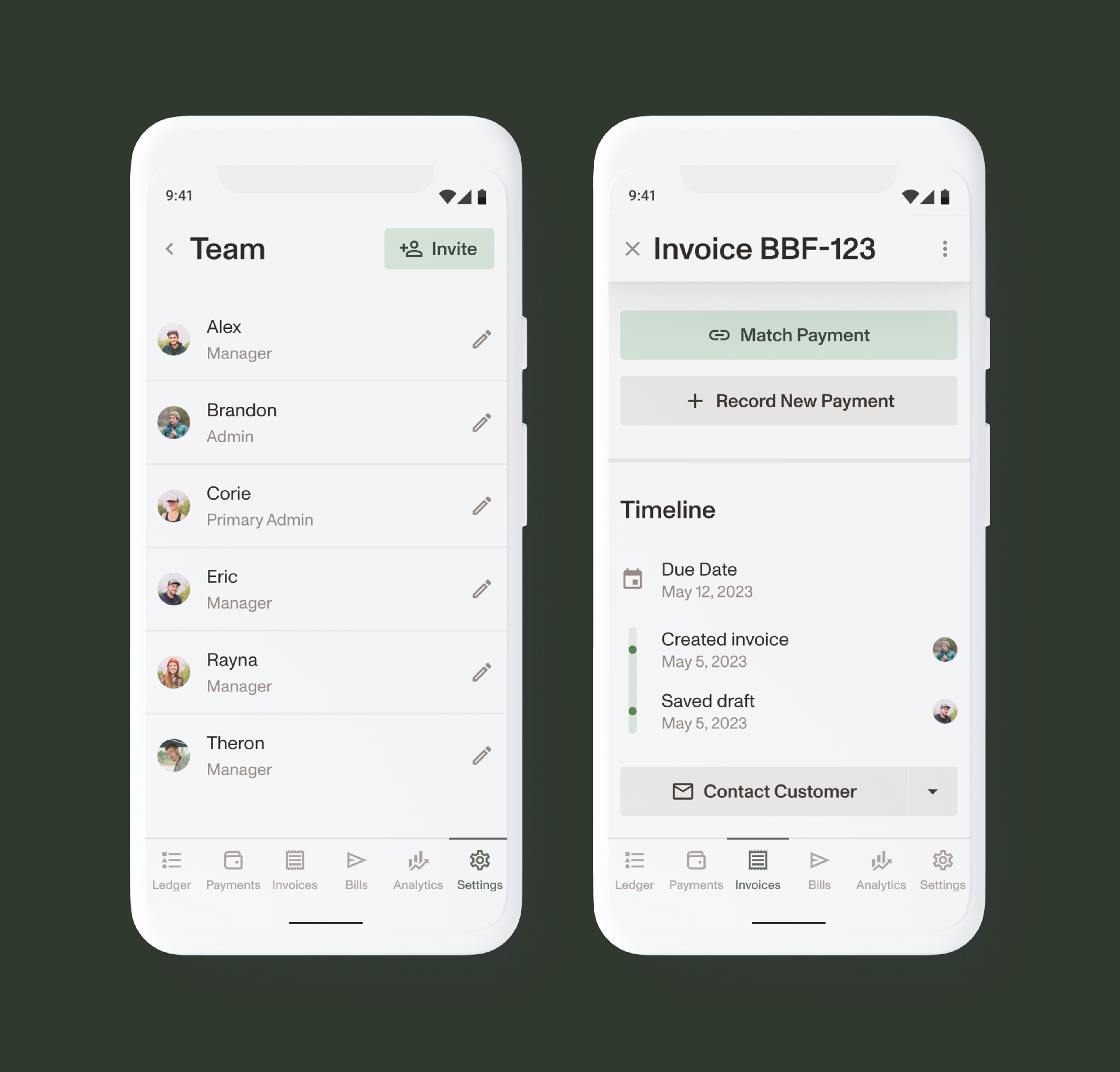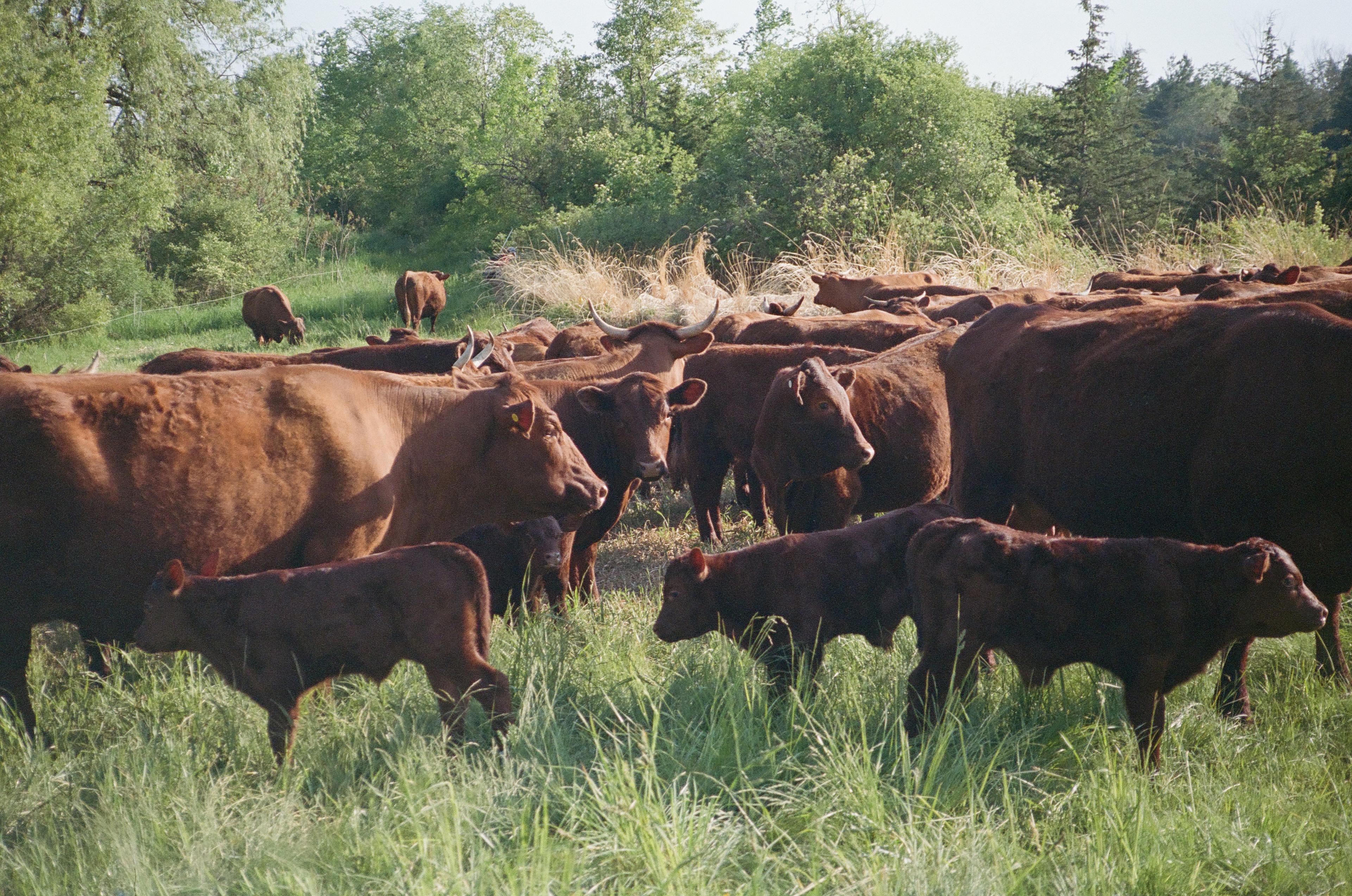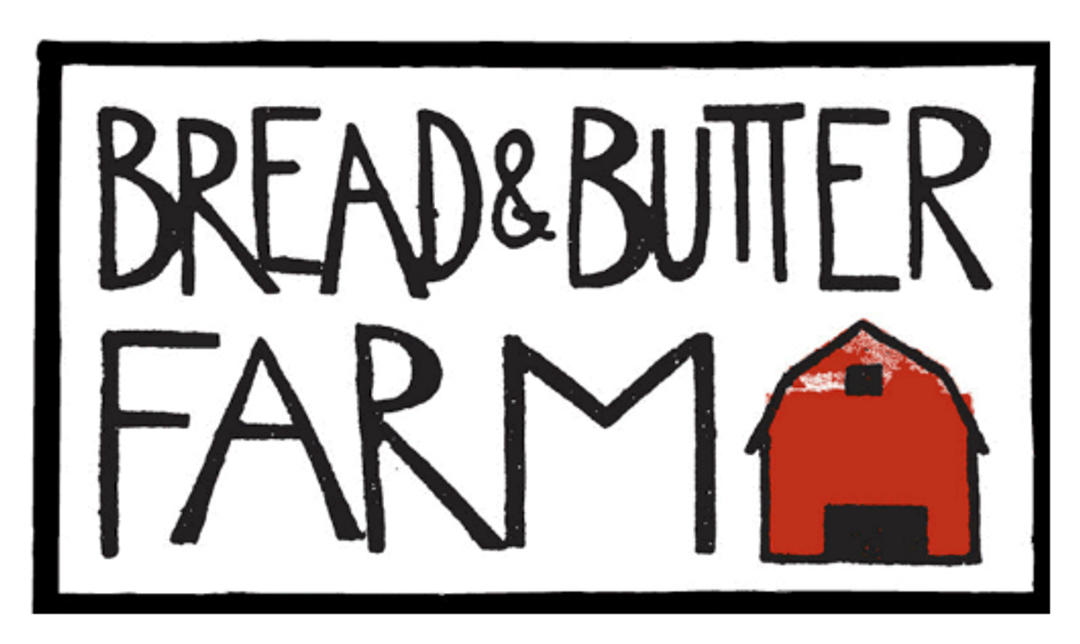The Next Generation of Farm Leaders
Seven miles south of cozy Burlington, VT lies Bread & Butter Farm, a diversified agricultural operation comprising over 600 acres. A better description for this pastoral place would be “community hub.” At the height of the season, one might encounter children attending camp in a wooded nature classroom, produce managers tending to the greenhouses, neighbors stopping in for coffee from the on-site cafe, or animal managers guiding cows and their calves between fields. People are drawn to Bread & Butter because it is an epicenter of nutritious food, community events, educational opportunities, and thoughtful leadership.
The founder of Bread & Butter Farm is Corie Pierce, who has transformed a plot of land into a collaborative working landscape that nurtures the earth and its people. Corie has structured the operation to prioritize team member education and growth, with each of their enterprises run like standalone businesses. This setup provides managers the opportunity to learn valuable business skills that accelerate their careers and improve the collective operation.

The Bread & Butter Structure
Bread & Butter is organized into four distinct macro enterprises: Land, Education, Markets, and Overhead. Within each of these macro enterprises live sub-enterprises. Land encompasses a handful of produce and livestock sub-enterprises. Education is inclusive of camps, school programs, and other educational programming. And Markets encompasses the CSA, farm store, and events programming.
Each enterprise is assigned an enterprise manager, who is responsible for setting the budget, bookkeeping, and reporting out on financial metrics in monthly meetings. Some staff wear multiple hats, managing a macro enterprise as well as all of its sub-enterprises. Other staff, who may be earlier in their management career, might be focused on a single sub-enterprise.
We've always prioritized empowering our enterprise managers, but it was tough when each manager had their own system and budget. It took so much time to merge data across different sources and then fix errors in order to be able to trust our numbers. Now on Ambrook, all our financials are in one place and one format, making it easy and fast to get accurate data so our managers can focus on leading their teams confidently.

Brandon Bless
Before Ambrook, the Bread & Butter team had tried to make this enterprise management structure work with QuickBooks. However, with access to QuickBooks limited to their financial controller and bookkeeper and the monthly close of the books often landing a week or two after the end of the month, enterprise managers routinely found themselves lacking the financial data they needed to make timely operational decisions. This led to enterprise managers developing individualized systems for tracking the health of their enterprises.
Enterprise managers had their own budgets with unique categories that didn’t always line up with each others’, let alone the overall chart of accounts. Bills stacked up in Google Drive folders, awaiting payment. Check deposits were tracked in a separate spreadsheet. Card transactions were often categorized by someone who didn’t have context on the purchase. All of this fragmented data was then manually transferred into QuickBooks by an off-farm bookkeeper. Decentralization led to errors, mistrust in the data, and minimal visibility into the holistic operation, all of which contrasted their vision of collective ownership.
A Culture of Ownership Realized
Since onboarding to Ambrook in June, Bread & Butter Farm has had a single place for bookkeeping, invoicing, bill pay, and file management. The unification of their systems has allowed enterprise managers to focus on running their operations rather than maintaining brittle, obfuscated systems. Enterprise managers can now create their own invoices, tee up bills for payment, deposit physical checks, upload receipts, categorize transactions, visualize current and projected cashflow, access live reports, and more.

By empowering their team through software, the entire operation is now collaborating with ease. Enterprise managers regularly pull their budget vs actuals report, ensuring they are prepared for monthly meetings with the executive team. Leadership is also benefiting from collective accuracy, which enables them to better monitor cashflow and unlocks time to scope and plan for future higher-order strategic initiates.
We are loving the collaborative bill payment workflow in general. It's been fairly seamless with our team and we have the most accurately tagged transactions we've ever had!

Brandon Bless, Land & Animal Manager
Most importantly, Bread & Butter Farm is now able to promote a culture of ownership in the back office. Managers are accountable for their operation from the field to the books, and are empowered to make decisions with real-time, accurate information.

Bring all hands on deck with Ambrook.


